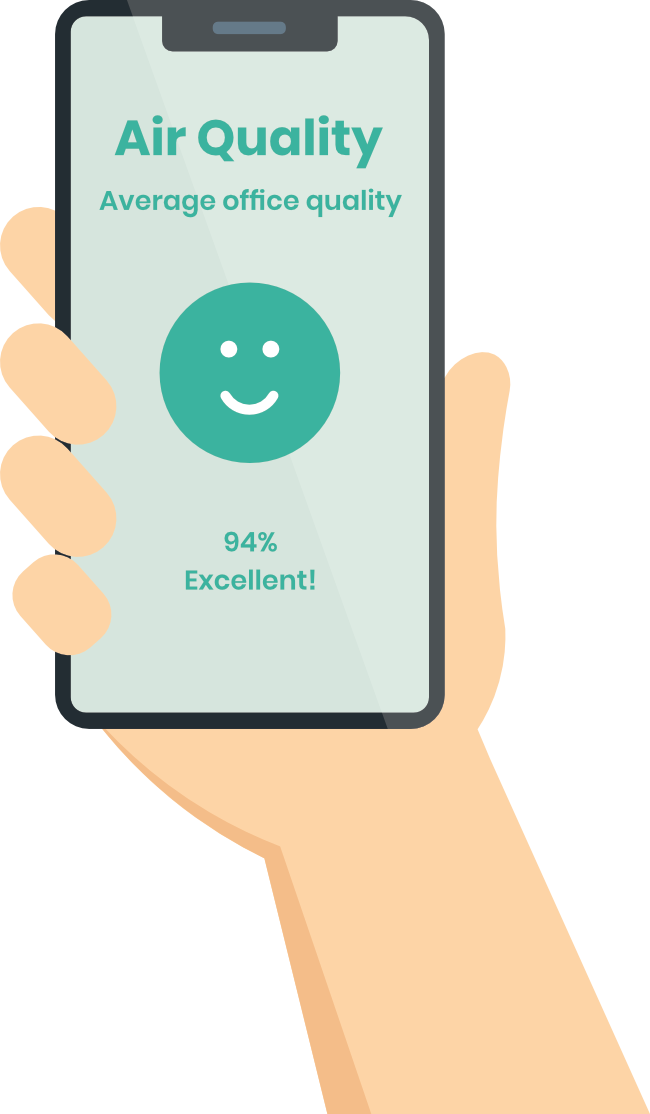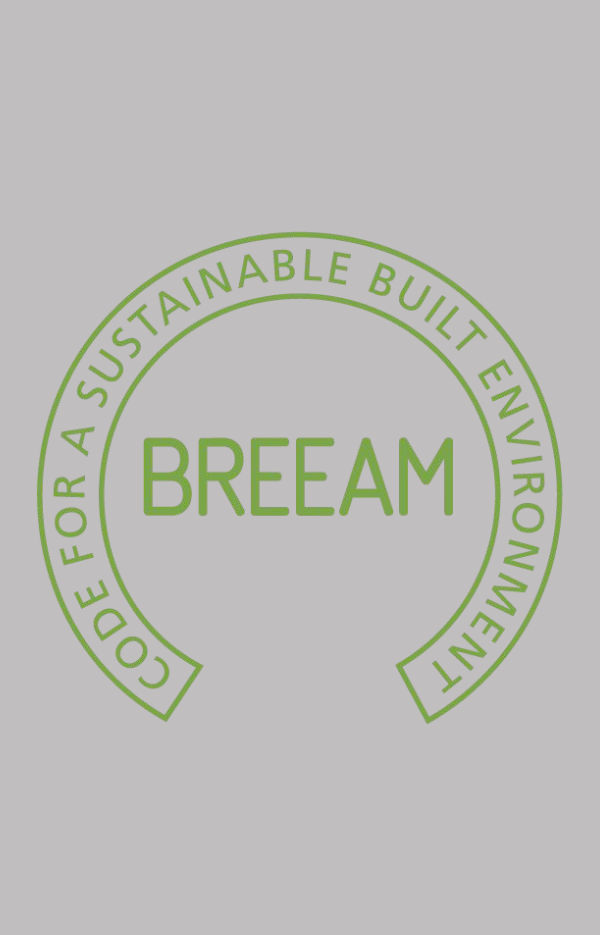BREEAM In-Use is a leading green certification that provides a framework for property investors, owners, managers and occupiers to drive sustainable improvements in the operational performance of their assets. BREEAM In-Use covers major environmental issues that affect buildings throughout their operational life, such as energy efficiency and carbon reductions.
Innovative Proptech companies such as LightFi are paving the way to net zero by helping buildings become more energy efficient whilst promoting occupant health and wellbeing. Knight Frank is proud to have been working with them since 2020. LightFi’s technology works with the BREEAM In-Use criteria by helping clients with:
Energy efficiency – achieving meaningful energy savings to meet net zero targets
Promoting occupant health & wellbeing through cutting-edge IAQ
Building optimisation with granular occupancy data
The way it works
In the indoor environment, LightFi applies to the BREEAM criteria through ventilation control and indoor air quality and carbon dioxide management. LightFi’s HVAC optimisation and automation tech allows clients to control and save energy and deliver a comfortable and productive occupier space. The company’s dynamic control sensors, occupancy and IAQ data can integrate directly into any building’s control/management system to achieve significant energy and carbon savings whilst ensuring occupants’ comfort and satisfaction.
LightFi’s real-time occupancy data highlights how many people are using a space, to ensure buildings use only the resources they need. In fact, a single LightFi Base sensor in a building can save as much carbon as planting 500 trees. LightFi’s IoT technology and its integration for specific building automation and control strategies has the potential to reduce a building’s Heating, Ventilation and Air Conditioning (HVAC) energy consumption by up to 25%.
LightFi worked with Transport for London (TFL) to deliver energy efficiency targets for their 25,000 sqm London office in Endeavour Square, Stratford. By controlling just one floor of the building, the energy savings came to approximately £4,700 from reconfiguring the AHU fan’s speed. TFL saw ROI in just 8 months, and the potential savings across all 9 floors of the building worked out to be £51K annually, equivalent to 17% savings of the in-hours total energy consumption. Along with significant energy savings, installing LightFi’s technology significantly improved the building’s DEC rating.

Health & wellbeing
With an increased focus on public health post-pandemic, staff wellbeing has become a high priority for businesses and landlords. BREEAM In-Use addresses the impact of the built environment on health and wellbeing within multiple categories such as indoor environment, ecology, outdoor space, active/healthy lifestyle, safety and security.
LightFi provides a solution that enhances occupants’ comfort, allowing employees to feel safe and productive within their workspace. On-demand, smart building control, and building-specific control strategies can improve comfort and building performance through:
- A decrease in uncomfortable drafts
- 40% reduction in logged comfort complaints
- Improved overall IAQ and better workplace experience
- Balance of energy efficiency, IAQ and comfort
Researchers at Harvard have shown that exposure to high levels of CO2 in the workplace can reduce cognitive and decision-making performance by 50%. According to the NHS, poor indoor air quality contributes to Sick Building Syndrome (SBS), common in office space, which causes headaches, fatigue, and dry eyes. LightFi’s SuperAHUTM system uses UVC/ionization technology and advanced air-flow management to filter out bacteria, viruses and other pollutants, reducing overall indoor air pollution.
